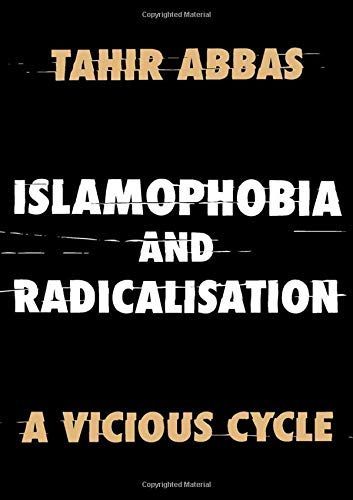
Islamophobia and Radicalisation A Vicious Cycle
Since the 1970s, there have been three challenges to traditional, homogeneous "national" identities across the Western world: political and socioeconomic inequality; neoliberal globalization; and more diverse, multicultural societies. As in the US and elsewhere in Western Europe, the declineof an old, masculinized national identity has now begun to open a new, dark era for Britain. Ever since the "war on terror" was added to the mix, "others" in Britain have been brutally demonized. Muslims, routinely presented as the source of society's ills, are subjected to both symbolic and actualviolence. Deep-seated and structurally racialized norms amplify the isolation and alienation impeding Muslim integration. Both these "left-behind" Muslims and white-British groups who perceive themselves as the true nation are under pressure from ongoing geopolitical concerns in the Muslim world, aswell as widening divisions at home. Tahir Abbas argues that, in this context, the symbiotic intersections between Islamophobia and radicalization intensify and expand. His book is a warning of the world that results: a rise in hate crime, the institutionalization of Islamophobia, and thenormalization of war and conflict.